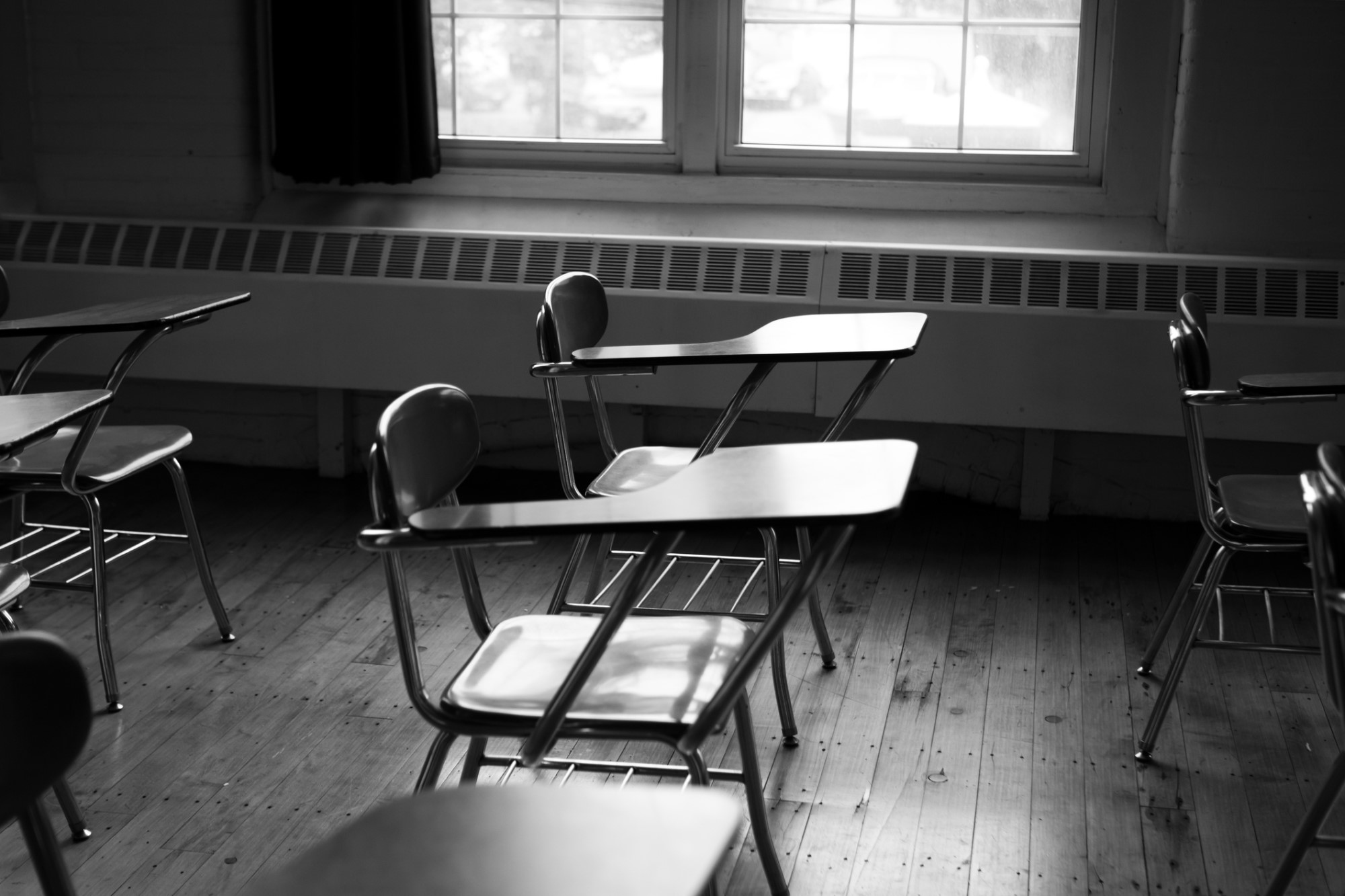Why the “M” Requirement is Not Enough

After an emotionally-charged and educational first DePauw Dialogue, many students, faculty, and staff are asking: What’s next? in terms of campus-wide education and commitment to inclusion and diversity. Previous discussions of the Multicultural requirement (“M”) as an addition to DePauw’s graduation requirement list brings about important issues of both ethical and social concern.
Like the W, S, and Q distinctions, “M” courses would hypothetically require students to take at least one multiculturally focused course before graduation. With W, S, and Q, however, professors gain additional certification to teach a specific skill set and ensure that students have met certain standards in these areas designated by the university. While the potential “M” course requirement is still in the beginning stages of development, and the exact intentions of it is unclear, I think it is important to realize that designation of “M courses” completely contradicts the messages conveyed at DePauw Dialogue. Designation of a “M” course and courses that are not “M” courses, establishes a false dichotomy between when an inclusive space is mandated in the classroom and when it is not. Shouldn’t all DePauw courses be socially conscious and inclusive of all students and their perspectives?
This is not to say that the educational component offered by a potential course(s) teaching about multiculturalism, microaggressions, bias reduction, etc. would not be beneficial to each and every member of the DePauw community. However, the normal set up of a course (with a start and end time, with obtainable objectives, and with gradable outcomes) casts multicultural education as something that is finite and can be checked off a checklist of assignments. Shouldn’t intercultural conversations and diversity be a part of the entire DePauw experience, forever?
Additionally, not all disciplines can adequately integrate this type of learning and work within the confines of their course type or subject. It is also the case that not all professors are trained in this type of facilitation, mediation, or education. While additional certification would be required for professors who would actually be teaching “M” courses, the types of conversation, dialogue, and communication simply might not be as effective within a certain major or course. And even if “M” designation was contained to only those departments which could adequately integrate the material, it seems as though we would be letting some students off the hook by mandating only one course in that area. Shouldn’t these types of discussions and education be a continuous part of a DePauw education?
Requiring students who might be uncomfortable discussing and understanding diversity (a process without possibility of a set timeframe) to now be graded on how they perform in an “M” course is problematic. I personally believe that all students should hold themselves to a high standard when it comes to respecting others, learning about differences, and reducing their own individual microagressive behaviors. But I do not think placing a grade or semester-long course requirement as the “task” needed to become culturally and socially aware is the best way to educate our campus. Is it ethical, or even possible to “grade” this type of thing?
The initial “mandatory” stamp on DePauw Dialogue that was repealed raises another very important ethical issue. Some students of color and other marginalized student populations are already uncomfortable (because of power structures, biases, microaggressions, etc.) in their courses, each of which are mandated for graduation. While I do think there should be a requirement focused on educating students about diversity, inclusion, bias reduction, microagressions, etc., I do not think containing this type of education to a classroom environment with certain overriding power structures already in place is the answer. Shouldn’t learning about diversity, respect, culture, etc. take place in environments that aren’t, for the most part, dominated by one group’s ideas and power structures?
Taking into account the reasons listed above and many unmentioned issues, I challenge the DePauw community to continue on our journey of education with a critical lens on what our mission is, what commitment we have, and what we hope to accomplish. The potential “M” requirement in itself, is not a bad thing. It is, however, important to critically analyze the implications of likening such an important topic to one semester-long graduation requirement. Establishment of a graduation requirement, such as the “M,” would definitely be a stepping stone of progress for our community. The majority of students already technically satisfy the requirement; let’s not stop there.




